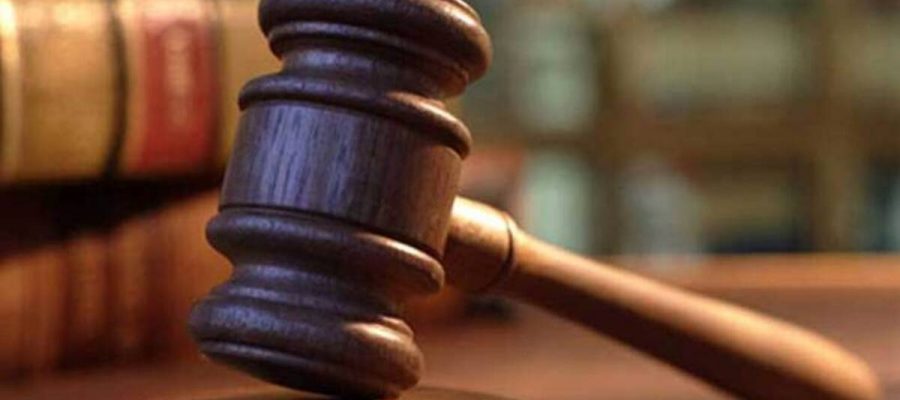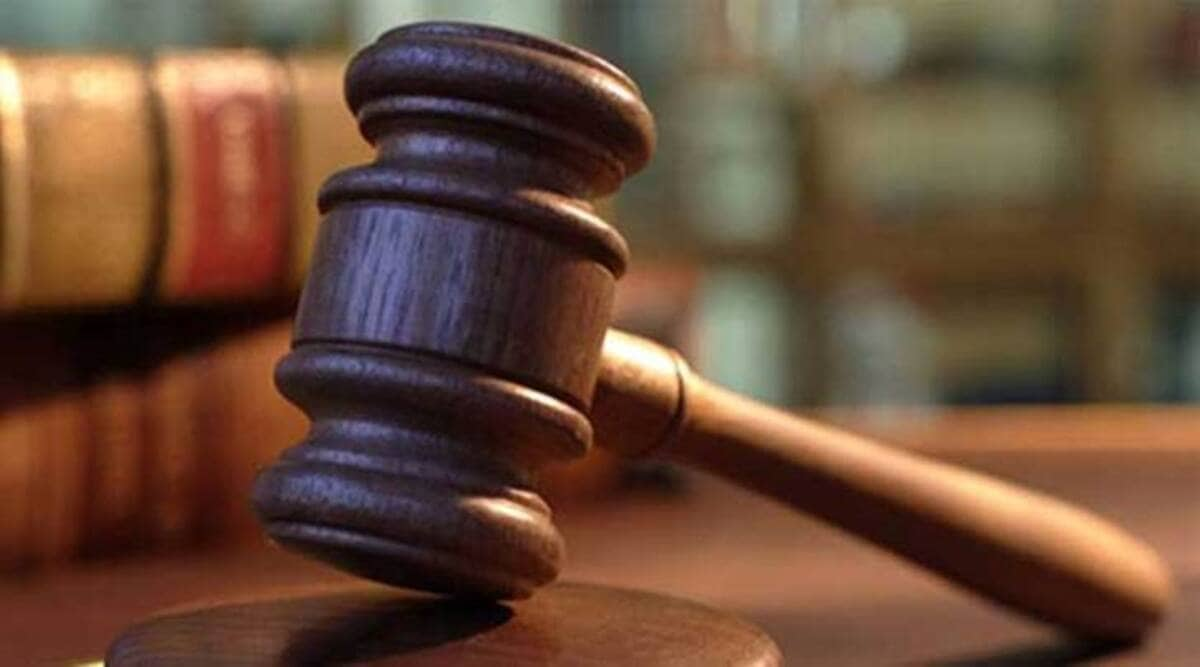While the first arrests in the case were in 2011, the trial is yet to begin.
NEARLY 10 years since he was arrested for his alleged involvement in the triple blasts case of July 13, 2011, accused Haroon Naik, has sought bail on grounds of delay in commencement of the trial. While the first arrests in the case were in 2011, the trial is yet to begin. Charges have been framed against some accused, including Naik, but pre-trial procedure remains pending for other accused lodged in different jails across the country, with some of insisting on physical presence in court.
“The right to a speedy trial is recognised as part and parcel of right to a fair trial. The only safeguard for the accused charged under stringent laws is right to a speedy trial,” states the bail application filed by Naik through lawyer Sharif Shaikh.
Naik was arrested in August 2011 from the Mumbai international airport while returning from Jeddah. The Maharashtra Anti-Terrorism Squad (ATS) arrested him claiming that he was a co-conspirator in the blasts, which took place at three sites, Zaveri Bazaar, Opera House and near Dadar railway station, killing 27 people.
It was also claimed that Naik facilitated a hawala transaction of Rs 10 lakh, which was then used for the blast.
Naik was also arrested allegedly with counterfeit currency of value Rs 97,500. The ATS also claimed, at the time of the initial probe, that he visited Pakistan for training and even interacted with terrorists, including Zaki-ur-Rehman Lakhvi, and attended a programme by Osama Bin Laden.
Naik’s plea states that the chargesheet has no evidence regarding these allegations. It further claims that the ATS is relying on a confessional statement of a co-accused, who has retracted the same stating that he was under pressure.
Naik has been charged with relevant sections of the Unlawful Activities (Prevention) Act (UAPA) and Maharashtra Control of Organised Crime Act (MCOCA), along with sections of murder, criminal conspiracy of the Indian Penal Code.
“Under stringent laws like UAPA and MCOCA, the trial itself becomes a punishment… the onus is on the accused to prove his innocence. The inordinate delay in trial further punishes an accused whose guilt has not been proved,” the bail plea states.
Last month, the trial court said despite frequent directions issued to proceed expeditiously, due to the insistence of some accused to remain physically present, the case has been delayed.
Source: Read Full Article


